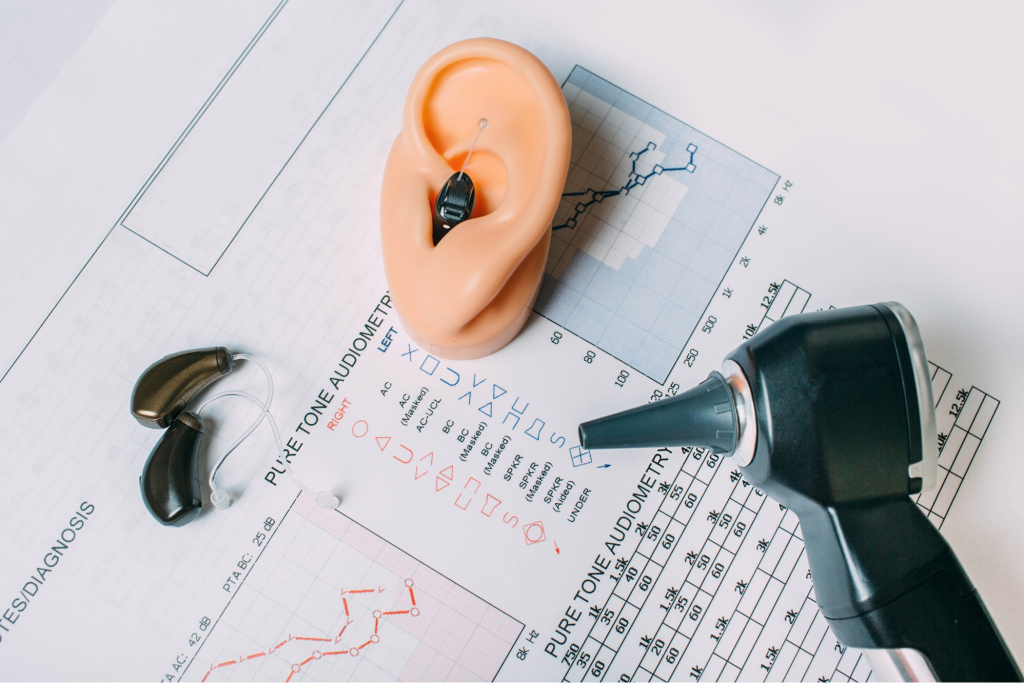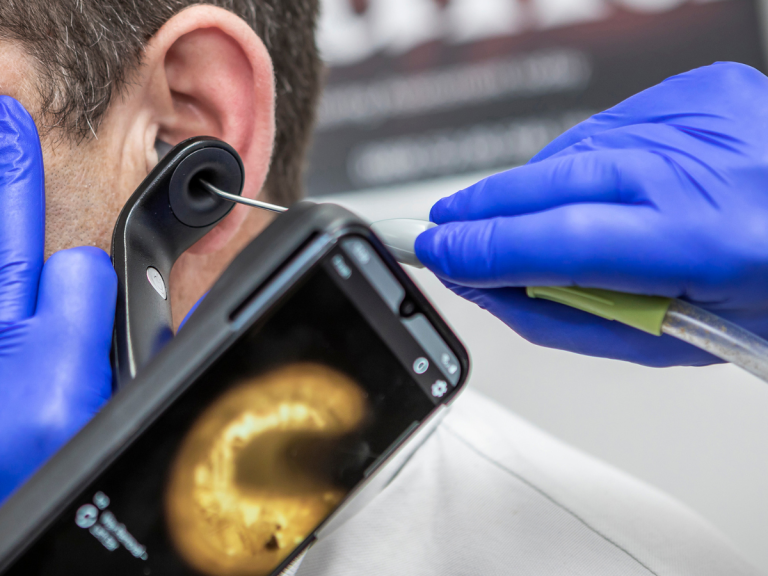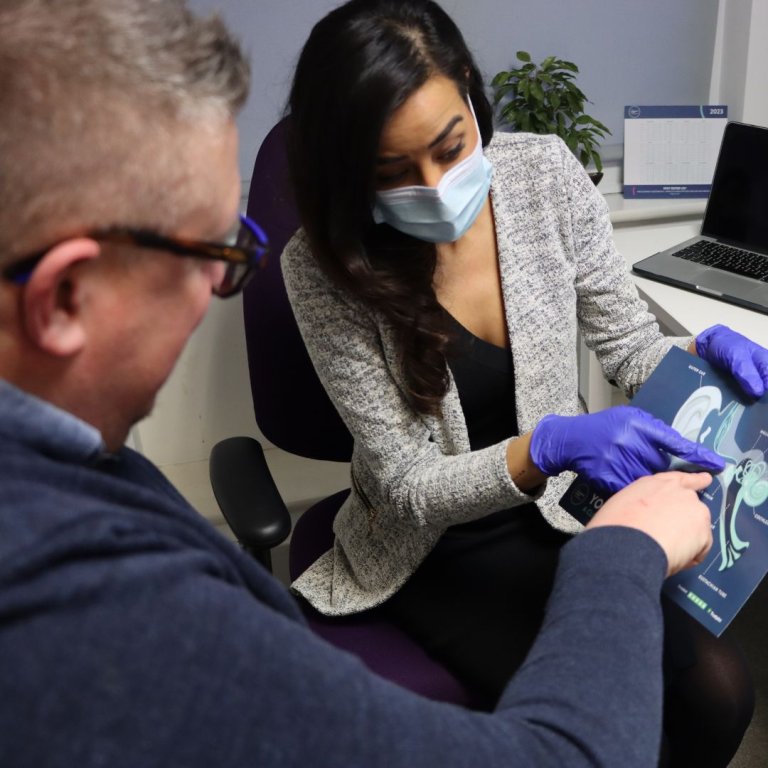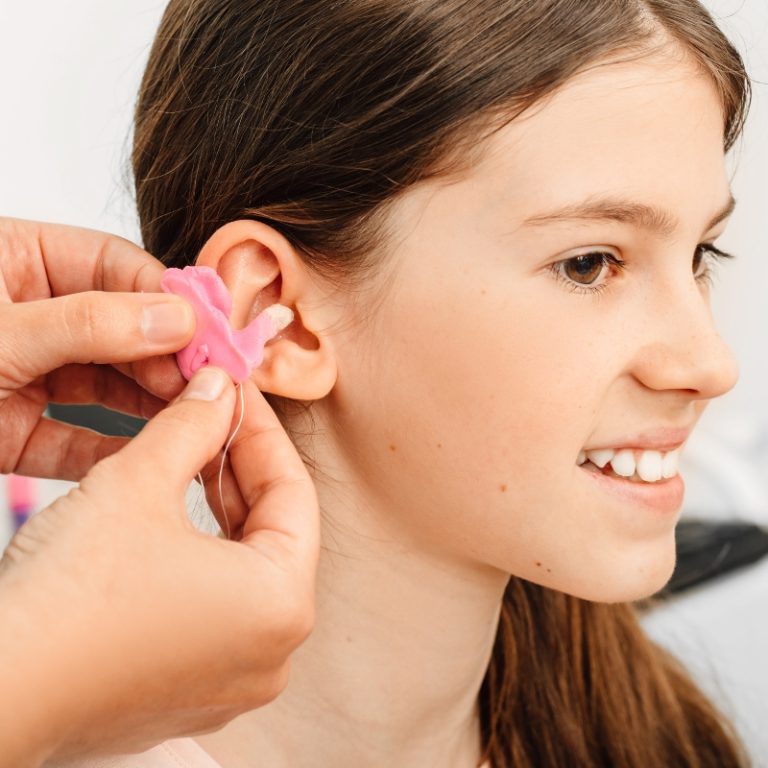Medical conditions that can cause hearing loss
Some diseases that can cause hearing loss are classed as medical conditions and they include the following.
Otosclerosis
This condition is caused by abnormal bone remodelling in the middle ear. As we age, bone tissue is slowly regenerated. In the case of otosclerosis, the remodelled bone actually blocks or disrupts the flow of sound from the middle ear to the inner ear. This causes hearing loss and balance problems. It can also account for tinnitus.
Ménière’s disease
This particular disease is less common and can affect both balance and hearing. The condition relates to the inner ear and can lead to dizzy spells, tinnitus and pressure in the ear. Other symptoms include nausea, vomiting and headaches. There is no cure but treatment is available in the form of diuretics (water tablets). Some lifestyle changes can also help alleviate the problem.
Otitis media (ear infection)
This condition is also known as middle ear infection. Inflammation of the middle ear causes fluid to build up, which puts pressure on the eardrum. Children aged up to 24 months are most likely to be affected, although it can affect people of any age. Symptoms include redness and swelling, fever or earache. Colds and allergies are often the likely causes. The condition usually clears up on its own.
Cholesteatoma
This is another quite rare condition, which if left untreated, can cause damage to the inner ear and lead to pain, infection and an unpleasant discharge. Symptoms include vertigo and tinnitus and hearing loss, which can be permanent. In extreme cases, infection can spread to the brain, leading to a brain abscess or meningitis.




